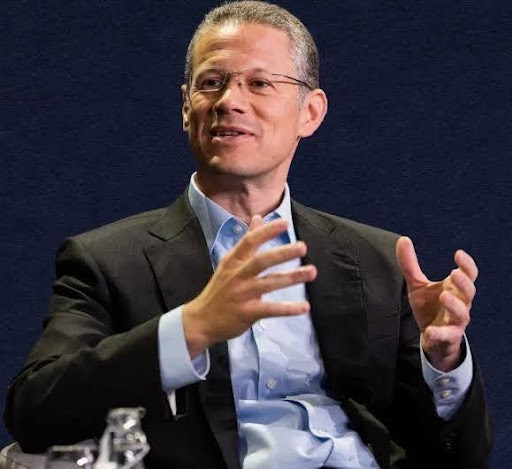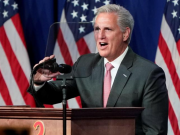
As part of the ongoing COP28 summit hosted in Dubai, we held an in-conversation question and answer session with Badr Jafar, the COP28 Special Representative for Business & Philanthropy, and CEO of UAE-based Crescent Enterprises.
1.1000 top CEOs and philanthropists will gather at the inaugural COP28 Business and Philanthropy Climate Forum, marking the first time business and philanthropy has been included within the official COP agenda. What does the Forum's inclusion signify and how do you hope it impacts the broader global climate action agenda?
For too long, the climate narrative has been seen through the prism of, activism equals good, and capitalism equals bad. The reality is that this kind of adversarial thinking doesn't get us anywhere nearer to solving the problem. That is why the COP28 President, Dr Sultan Al Jaber, has called for a new paradigm based on the concept of actionism, which embraces the dynamism, capital, and action networks that business and philanthropy can provide.
One of the most prominent examples of that approach is the Business & Philanthropy Climate Forum, which will be held on 1-2 December 2023, in parallel with the World Climate Action Summit. This CEO-level Forum will bring together 1,000 leaders from across business and philanthropy to exchange ideas, co-create solutions and drive tangible climate action.
In terms of objectives, the agenda of the Forum mirrors the four pillars laid out by the COP28 Presidency, including fast-tracking the global energy transition, transforming climate finance, putting nature and people at the heart of climate action, and delivering the most inclusive COP ever.
2. Public-private partnerships (PPP) have been instrumental in achieving positive climate contributions and net zero goals. How can business more effectively leverage their innovation and green skills within these collaborations?
Governments at all levels will always have a leading role to play in overseeing responses to climate change. However, that doesn't give the private sector a free pass. Business has an equally, if not more important role to play.
Public-private partnerships can be an attractive way for businesses and governments to collaborate, and they allow government entities to draw upon the private sector's expertise, operational efficiency, innovative thinking, and financial resources to deliver projects much faster.
PPPs have been hard wired into the UAE's national economic strategy for decades, and they will likely be central to enabling us to meet our net zero targets in the future. PPPs are also enabling much-needed investment in climate-smart infrastructure in emerging economies around the world.
3. Given the disproportionate impact of climate change on women and the connection between gender justice and environmental issues, how could a focus on inclusivity and equity lead to more effective solutions in the fight against climate change?
The UAE has made no secret of its ambition to make this most inclusive COP ever. It's a genuine commitment that has shaped every aspect of COP28, including the design of the COP28 Business & Philanthropy Climate Forum.
In relation to women specifically, a number of important steps have been taken to elevate women's voices in the COP process and to empower women around the world, including in the Global South, to play a leading role in the global response to climate change.
For example, the COP28 Presidency has called on all participants to assemble gender balanced delegations that include youth, indigenous and subnational representatives. It has also committed publicly to ensuring that gender diversity is represented in all COP28 workstreams and events.
Ultimately, this is yet another example of why we can no longer afford to separate the human development agenda from the climate and nature agenda. They are two sides of the same coin, and the edge of that coin is conducive and inclusive climate policy that embraces a greener evolution of our systems.
DISCLAIMER: IBT does not endorse the above content.









